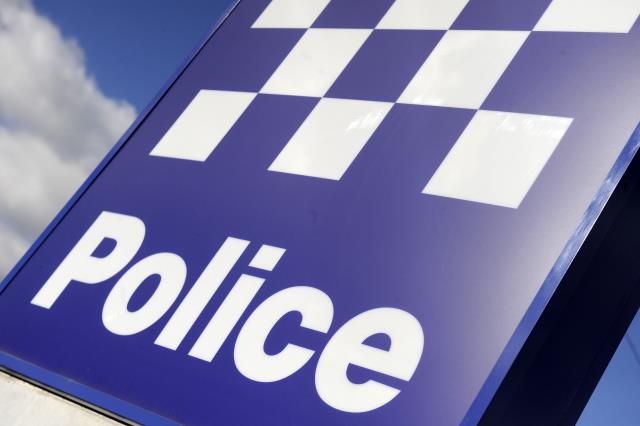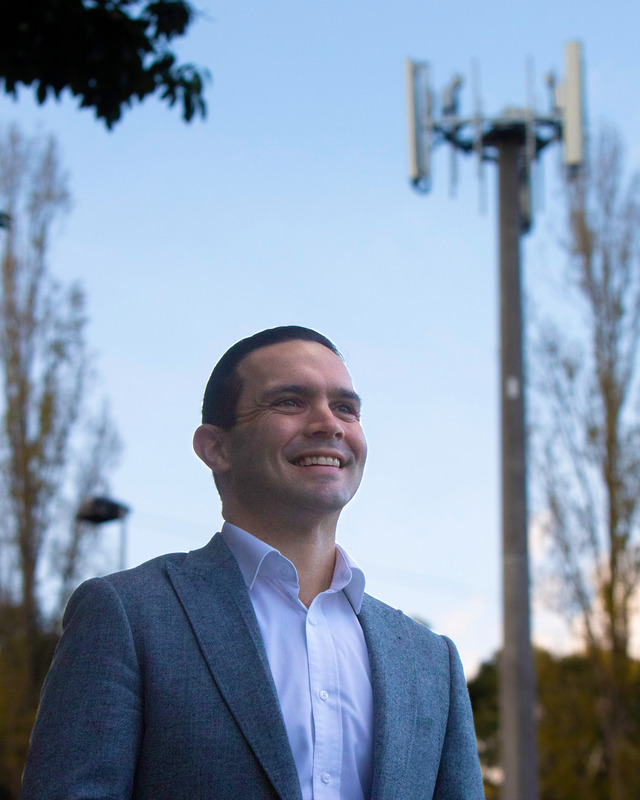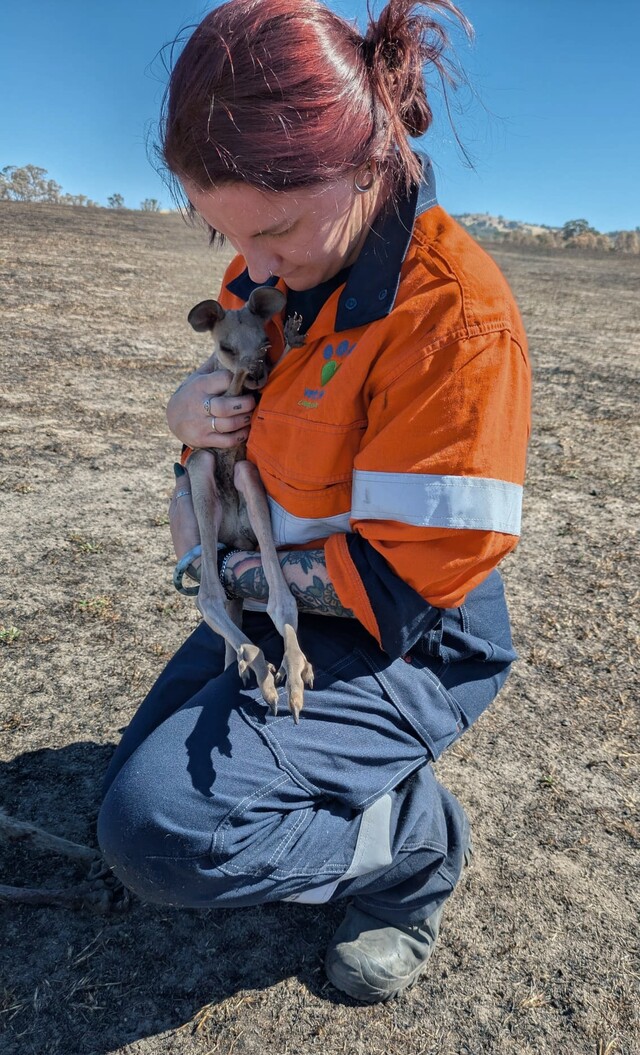Schools are set to receive a major cybersecurity upgrade, including the introduction of new artificial intelligence technology designed to keep students and staff, and their data, safe, in changes by the State Government.
Education minister Ben Carroll today announced the changes, which will monitor school networks and flag suspicious activity by hackers and criminals, while also standardising cybersecurity services across schools as well as doubling internet speeds.
“Schools rely on a safe, secure and efficient IT system for everything from administration to teaching, so it’s vital it delivers for staff and students,” Mr Carroll said.
“This major upgrade will make sure this vital school infrastructure is fit for the future keeping students and staff safe.”
The first half of 2023 saw around 15 schools take part in a pilot of the program using three new artificial intelligence-based programs that monitor activity within school networks looking for things like ransomware and hacking.
The final decision on which of the programs from the successful pilot will be implemented is expected early this year, with the new solution working alongside existing technology.
Those existing technologies have identified and stopped more than 35,700 attempts to access school systems since 2021 and the new solution will ensure systems are fit for purpose.
The upgrades are included in the Securing Connected Learners program, which is shaping technology and digital services across Victoria’s more than 1500 government schools.
The upgrade will centralise access to Microsoft and Google collaboration programs, ensuring their use meets safety and security requirements.
It will move schools onto centrally managed services for internet, systems access and security monitoring as well as support schools to improve their own cyber security governance and also provide schools with a catalogue of assessed education software to minimize the use of unsafe technologies.
It will double internet speed from 1 Mbps to 2 Mbps per student in Primary Schools increase it five-fold to 5 Mbps per student in Secondary Schools and redesign school internet access to use cloud-based security controls making them safer and more user-friendly.
















